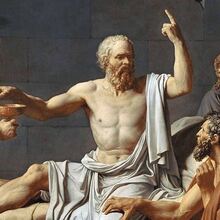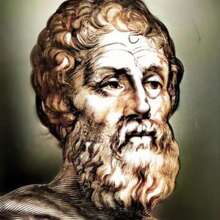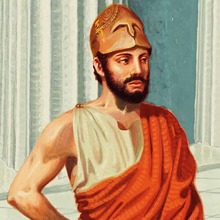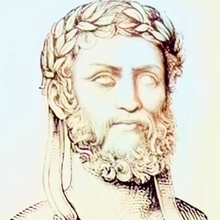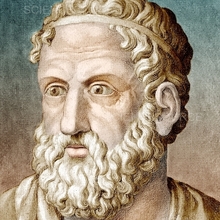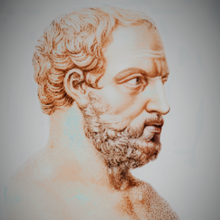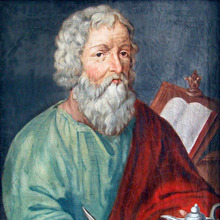
Personal
Other names:
Job / Known for:
Philosopher
Left traces:
Socratic method
Born
Date:
-469-05-06
Location:
GR
Athens, Greece
Died
Date:
-399-04-06 (aged 70)
Resting place:
GR
Death Cause:
Execution
Family
Spouse:
Xanthippe
Children:
Lamprocles, Menexenus
Parent(s):
Sophroniscus, Phaenarete
QR Code:
Show More
Article for Socrates
Died profile like Socrates
Comments:

